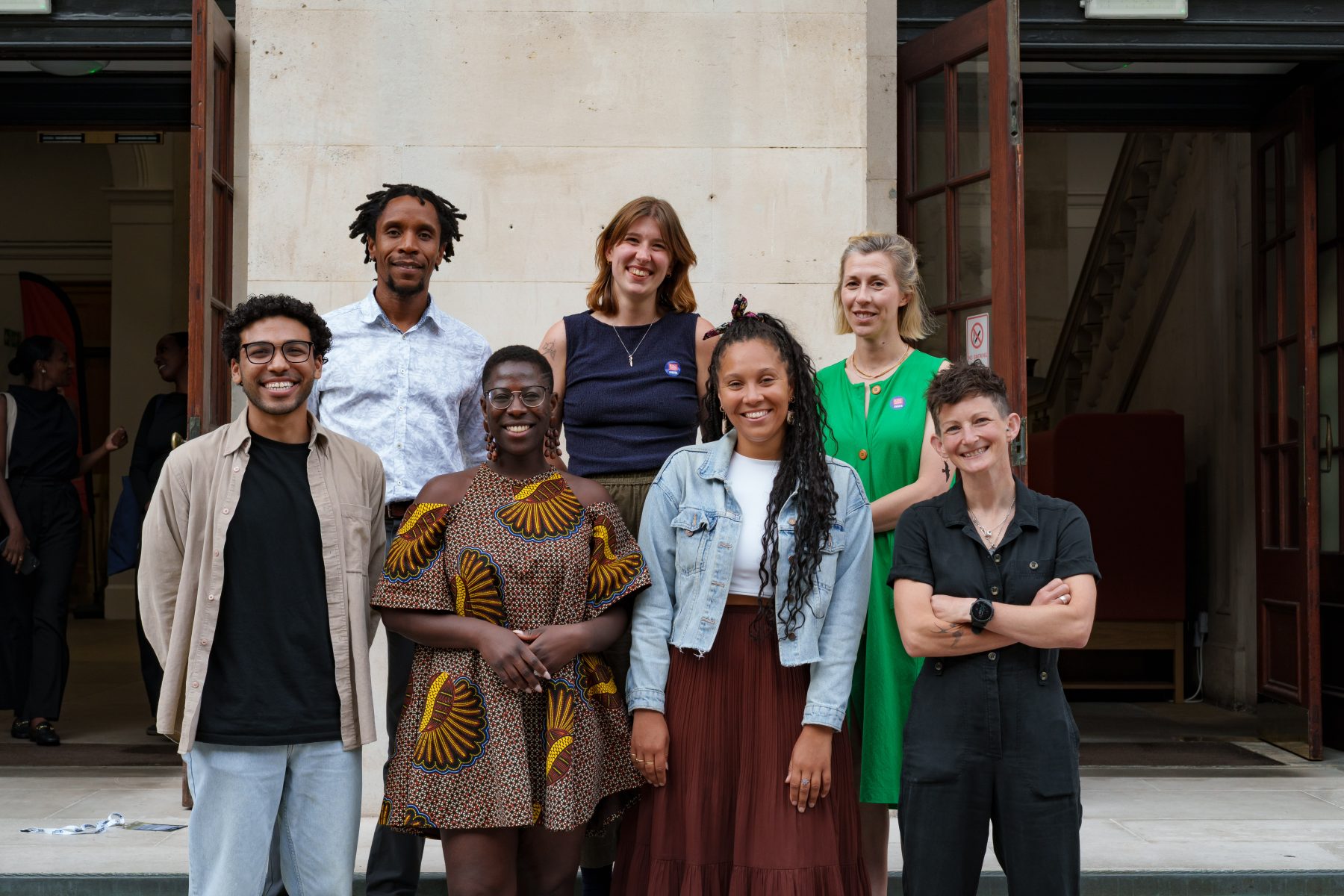This year’s Black History Month theme calls on people to remember the history while confronting the realities of our future. To “stand firm” is to refuse our erasure and to hold “pride and power” is to emphasise our importance in spaces that question it.
The conversation of racial equity in the environmental sector has recently seen push back. In some climate spaces it’s treated as controversial. In others it’s seen as something organisations “just don’t have time for”. More recently, we’ve heard arguments that Equity, Diversity, and Inclusion (EDI) shouldn’t exist at all. These opinions are far from harmless. They each silence and erase our experiences by making our existence feel divisive. As if speaking about the exclusion of people of colour in the sector is somehow disruptive to effective climate action. However, we know that climate justice is inextricably linked to racial justice.
There’s temptation to ignore these voices and stay quiet. However silence has never meant protection for people of colour. In many cases, it has directly correlated to our harm. While I don’t believe in arguing with people committed to misinformation, I do believe in speaking life to our experiences with evidence. The RACE Report serves as the evidence to our experiences.
We know that it’s important that this sector is reflective of ethnically minoritised groups because these communities are disproportionately impacted by climate and disproportionately excluded from the solutions. Any climate action that does not acknowledge this is incomplete.
The RACE Report offers us a tool to hold our sector collectively accountable to a movement that heals both the land and lives that have been harmed and excluded.

